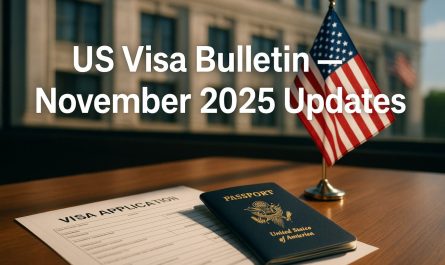The possibility of a US default has become a topic of intense discussion and concern in financial circles worldwide. As the world’s largest economy teeters on the brink of a potential default, the ramifications for the global financial system could be profound.
This article delves deeper into the US debt ceiling, the implications of a default, historical precedents, and the potential global repercussions.
The US Debt Ceiling Explained
The US debt ceiling, often a point of contention in political circles, is a limit set by Congress on the amount of debt the federal government can accumulate. Instituted in 1917, it was designed to simplify the borrowing process.
When this ceiling is reached, the US Treasury is prohibited from issuing any more Treasury bonds, bills, or notes. This means the government can only pay its bills using incoming tax revenues.
If these revenues are insufficient, the Treasury Secretary faces the unenviable task of choosing which obligations to meet, be it federal employee wages, social security benefits, or the interest on the national debt.
Over the years, the ceiling has been raised multiple times, reflecting the growing needs of the government and the changing economic landscape.
Implications of a US Default
The thought of the US, a global economic powerhouse, defaulting on its obligations is alarming. A default could trigger a series of unfortunate events. Firstly, it could lead to a sharp decline in stock prices, eroding the wealth of millions of investors. Interest rates could skyrocket, making borrowing more expensive for individuals and businesses.
The value of the dollar could plummet, leading to increased import costs. A report from the White House’s Council of Economic Advisers paints a grim picture, suggesting a potential recession, job losses, reduced consumer spending, and a decline in business investments. The creditworthiness of the US would be questioned, leading to higher borrowing costs in the future.
Historical Precedents
History offers lessons on the dangers of flirting with a default. The 2011 US debt-ceiling crisis is a case in point. While an actual default was avoided, the political stalemate led to a downgrade of the US credit rating by Standard & Poor’s. Financial markets were in turmoil, and the incident added to the economic uncertainty.
The aftermath saw tightened credit conditions, reduced consumer confidence, and a slowdown in job growth. It served as a stark reminder of the delicate balance on which global financial systems operate and the dangers of political brinkmanship.
Global Implications
The global financial system is intricately linked, and a US default would send shockwaves far beyond its shores. Countries like China and Japan, which hold significant amounts of US Treasury bonds, could see the value of their investments decline. Emerging markets, often seen as riskier investments, could face capital outflows, destabilizing their economies.
Global trade could be hit, leading to supply chain disruptions, increased costs, and potential shortages. The global nature of modern finance means that a crisis in one part of the world can quickly spread, leading to widespread economic challenges.
Conclusion
The specter of a US default is a reminder of the interconnectedness of today’s global economy. As negotiations continue and the deadline looms, the world watches closely, hoping for a resolution that ensures economic stability.
Disclaimer
This article is based on information from various sources and is intended for informational purposes only. It does not constitute financial advice. Readers are advised to consult with a financial advisor or expert before making any financial decisions.



